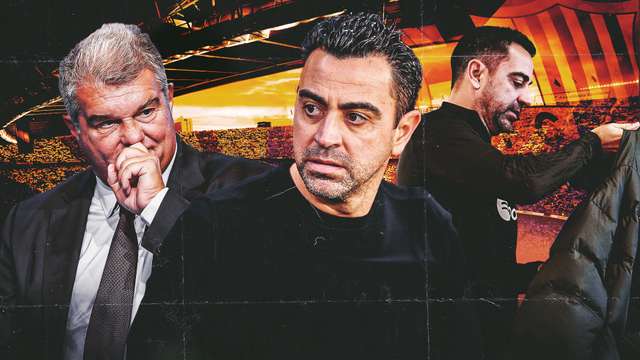The first time the Video Assistant Referee system was put on trial across Europe was in July 2016, during a friendly match pitting PSV Eindhoven and FC Eindhoven.
The VAR is a match official who reviews decisions made by the head referee with the use of video footage and headset for communication in order to try and reduce human errors causing substantial influence on match results.
The VAR team, stationed in the video operation room, automatically checks every on-field referee decision falling under the four reviewable categories and if the VAR does not identify any mistake during the check, this is communicated to the referee.
Some of the key decisions VAR checks include goals when there are any infringements leading up to it, review if a sending off is justified, check if the decision to award a penalty is correct or should one have been given for a foul, and look at yellow and red cards if there is a case of mistaken identity.
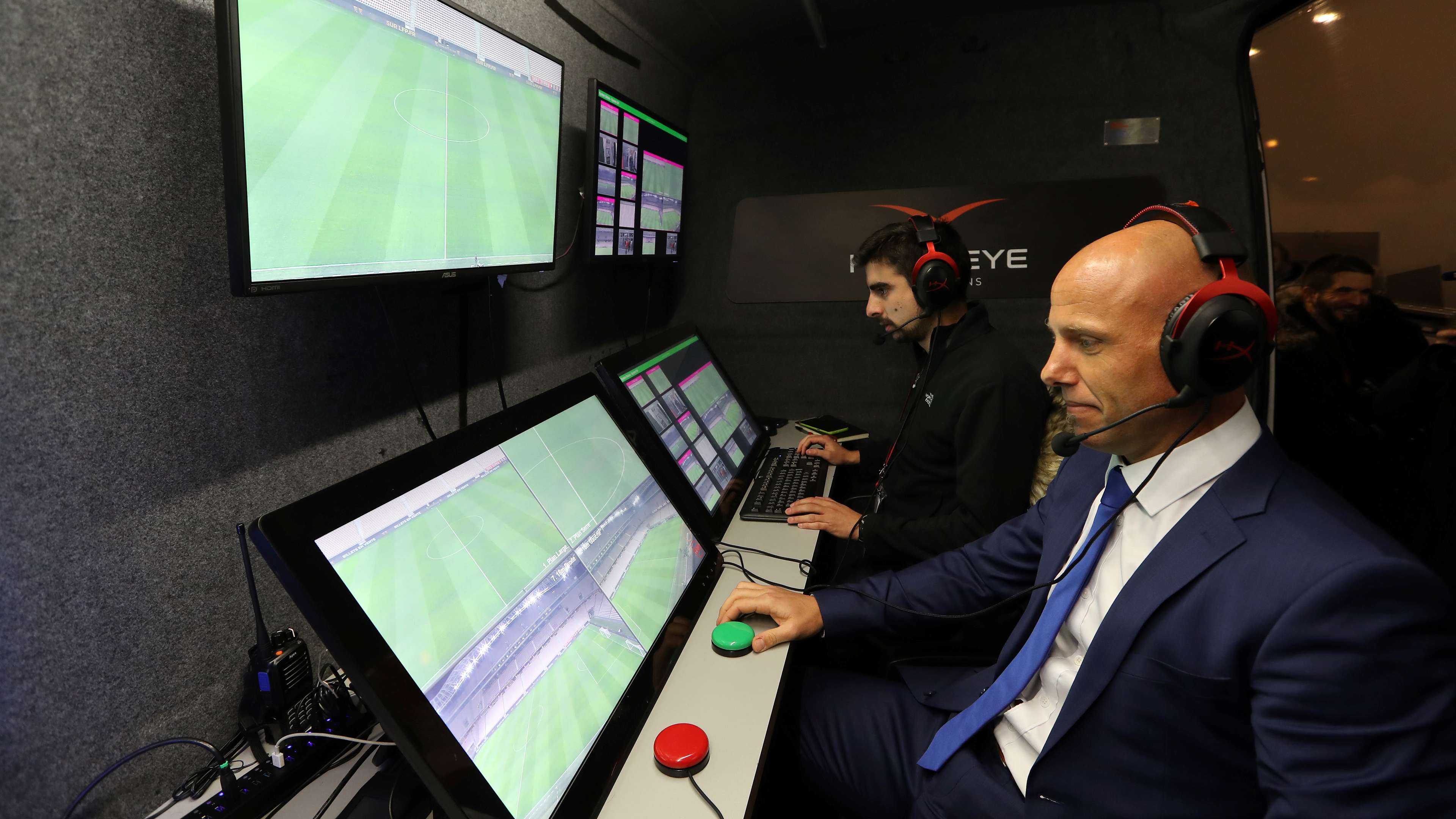 Getty Images
Getty Images
But how did Africa receive the technology, which was first written into the Laws of the Game by the International Football Association Board in 2018?
Which African nation was first to use VAR?
It was Morocco who became the first African country to use video technology in a top-flight league match featuring IRT Tangiers, who won the game 2-1 against FUS Rabat.
But prior to the top-tier fixture, the method had already been used in Morocco during the match between Difaa Hassani Jadidi and Tihad Athletic Sport on Saturday, November 9 in Tangier for the 2018-2019 Moroccan Throne Cup semi-finals.
The system was also used in the 2019 Afcon final in Egypt from the quarter-final stages onwards until the finals though Caf had originally planned to use it from the semi-final stage, it was brought in from the last eight.
Why are most African countries not using VAR?
Most African countries are yet to introduce the system in their local leagues because of the financial complications that are involved.
For example, Dr. Irvin Khoza of South Africa ruled out usage of the gadget in the country saying it was very expensive for the federation to manage.
“The costs implications are also a factor because there is a royalty that you pay every year for the service and there is an initial cost that goes with it,” Khoza said, as quoted by Chronicle .
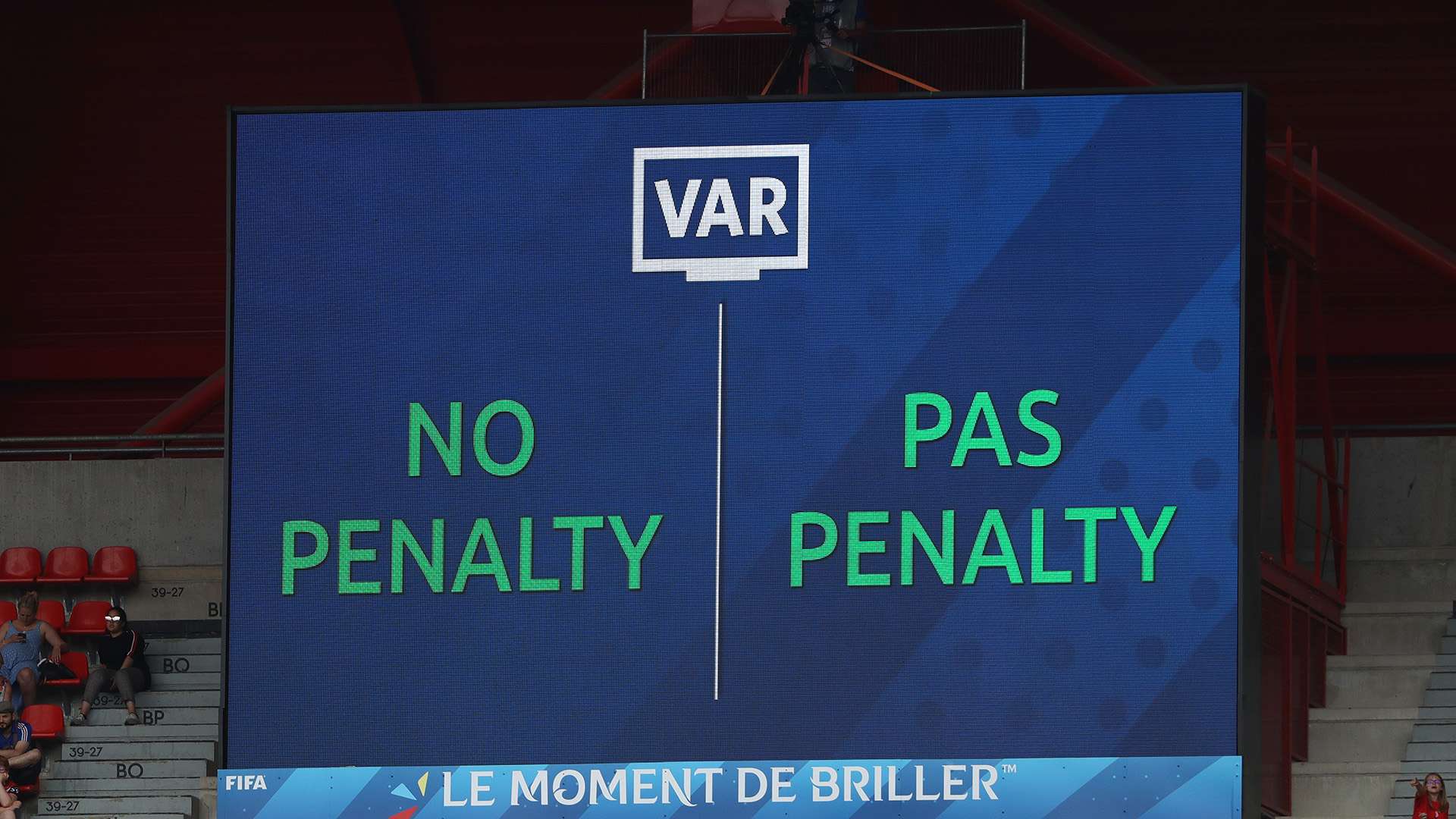 Getty Images
Getty Images
“There is also a service fee that you pay every year, but more importantly is the suitability of the venues in installing VAR, which is one element, and VOL and GLT are others.”
How did Africans receive VAR?
The introduction of VAR across the world was received with mixed reactions among Africans, some felt it was a good decision to help control the game for fair results, while others felt it will not solve the problems.
For instance, a number of Kenyans feel the VAR should be done away with within top European leagues because of repeated mistakes, pointing at certain genuine goals being disallowed, and dubious penalties awarded during matches.
Ahead of the ongoing Euro tournament, Europe’s most senior refereeing officials admitted VAR was a “dangerous project” but Uefa moved ahead to commit extra resources to the technology.
The technology has also made work even harder for defenders, who fear to tackle balls while in the dangerzone since the rulebook of VAR suggests any amount of impermissible contact inside the penalty box will be given as a penalty.
It may take some time before we see VAR fully used in Africa’s top leagues after highly contentious decisions as a result of the technology across the top five European leagues.
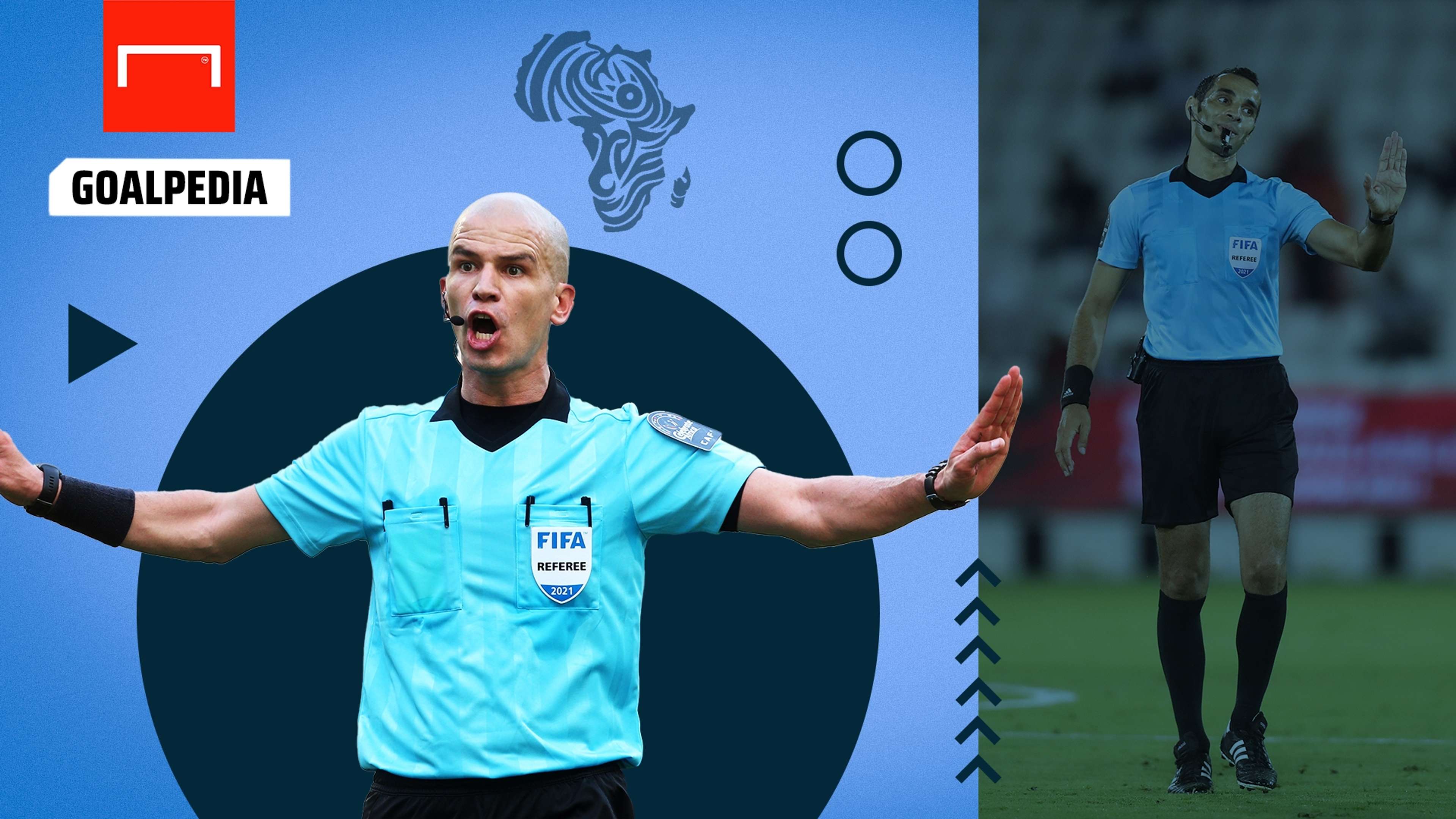




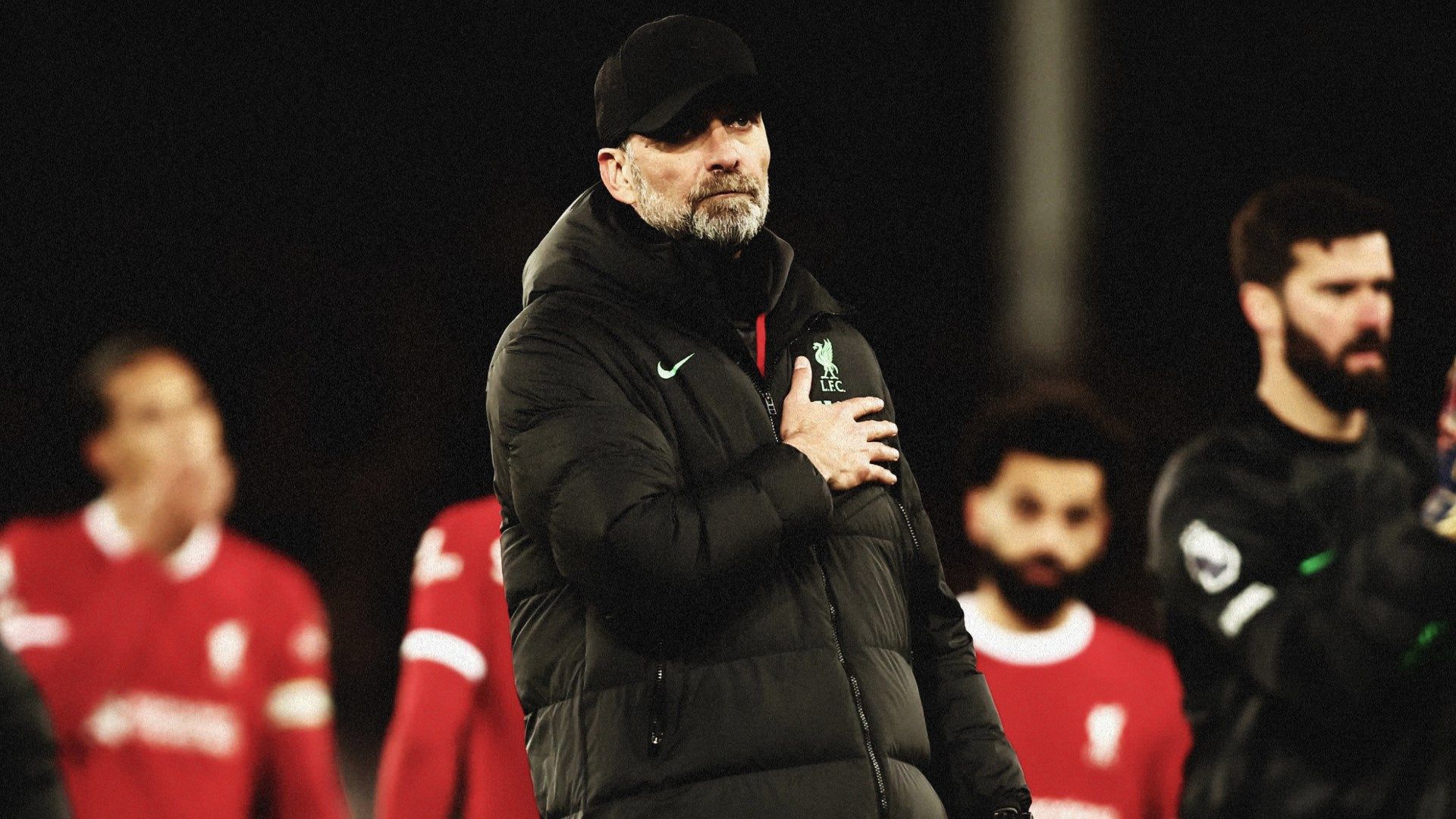.jpg?auto=webp&format=pjpg&width=640&quality=60)
.jpg?auto=webp&format=pjpg&width=640&quality=60)
